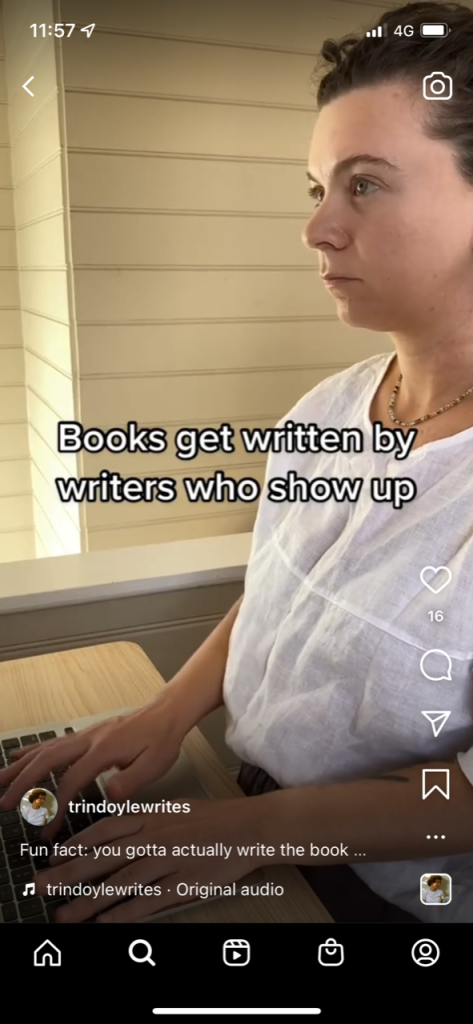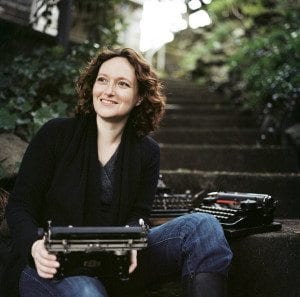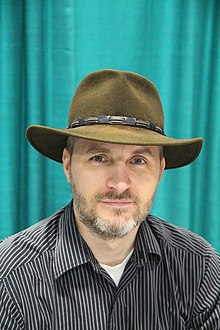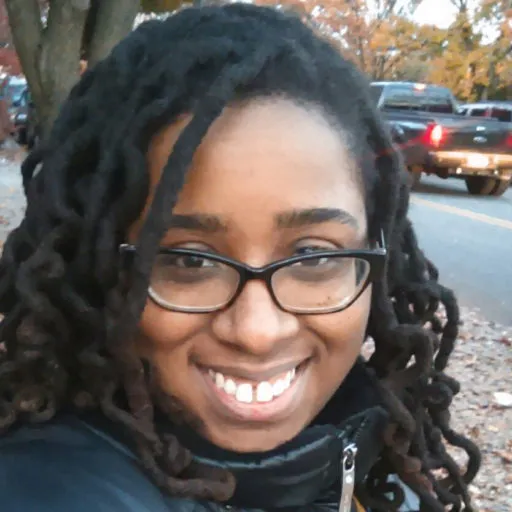Stagnation – and an epiphany
As mentioned in my last post, I’ve been working on a new fantasy series. What I didn’t mention was that, for the first time in my writing career (published and unpublished), I’ve had moments of genuine stagnation with it.
That’s not to say I haven’t hit brick walls before – I have. Many times. But in the past I’ve written my way through them. This time, though, it’s felt different.
For a while, I thought it was because I have a day job that stretches my brain, plus a busy lifestyle – but I’ve never been a full-time novelist and I’ve always managed in the past. Then I wondered if it was because I don’t have a deadline.
Reality bites
Last week, I discovered it was because there’s a hole in what I’ve been working towards with the new trilogy.
I hadn’t joined enough dots in my plotting for the third and final book in the series, which was causing me challenges while drafting the second. It was one of those ‘aha’ moments that made me wonder how I ever thought the series could work without this particular plot thread being strengthened.
In truth, I’ve had a similar process for all five of my published novels, so it shouldn’t come as a surprise. Apparently that’s my process!
This latest epiphany, though, didn’t fall out of the sky into my lap. I’ve had to dig for it. And, along the way, I’ve rediscovered the value and reward of the collective wisdom of the writing community. I’ve also discovered that having software that suits your writing needs is pretty handy.
For those of you who are writers (or just interested in the process), here are two resources that are helping me stay connected with, and dig deeper into, my writing.
Podcast: Writing Excuses
This US-based podcast has been going for more than a decade, and I’m embarrassed to say I only discovered it last year. I’m now officially obsessed.
It covers topics that, at first glance, I often think, ‘I’m okay with that stuff’. And then I listen to the hosts discuss their own experiences, challenges and solutions, which prompts me to think about those things in the context of my own work.
Without fail, every episode sparks an idea (and, on good days, a full-blown epiphany). It might be something small, or it might be a new way to tackle an issue in my current project. Or, better yet, it helps me identify an issue I didn’t realise I had.
And it’s about speculative fiction!
There’s a focus on fantasy and sci fi, with discussions including TV, film and table-top game references, as well as prose. Right up my alley. I like that each episode is around 15 minutes long, and is well structured.
On the days I drive into work for my day job, it’s a two-hour round trip, so I’ve been binging my way through current and past series. The challenge, of course, is holding new plot/character ideas in my head while driving, given Siri refuses to take a voice memo without me opening the app.
If you’re a writer, especially a YA spec fic writer, I cannot recommend this podcast enough if you’ve not discovered it (which you probably have).
The hosts
The podcast is hosted by Mary Robinette Kowal, Dan Wells and Howard Taylor, with new additions in 2023: DongWon Song and Erin Roberts. (Brandan Sanderson is a founding host and this year has officially stepped aside to concentrate on other commitments.) The photos below link to their bio info.
Podcast: I listen on Apple Podcast, but no doubt you can find this on your favourite podcast platform. The podcast on Apple is referred to as ‘Season 14’ but it’s up to date, including the first episode of 2023’s Season 18.
Writing platform: Scrivener
Yes, I know, I know: writers have been using this tool for YEARS. I remember looking at it when I was working on The Undercurrent and thinking I was doing just fine old-school-style, with my single Word doc file, notebooks, scraps of paper and endless supporting docs and web links.
Fast-forward a few years and my writing practice has become wedged between work at the day job, my consultancy side-hustle and the ride-on mower. The piecemeal nature of my writing sessions means it’s harder than ever for me to keep track of characters, plot and world building in a complex story.
After hearing Scrivener mentioned often in the above podcast, I looked it up and decided to give it a go. I signed on for the free 30-day trial and less than 48 hours later I bought my full-price subscription. Honestly, it’s been like shifting from a typewriter to Word (yes, I’m old enough to remember what that was like). It has, quite literally, changed my writing life.
I only mention it here because it’s helped me, and I can’t stop banging on about it. Again, if you’re a writer, you’re probably all over this already.

And a bit of inspiration…
Whenever I need to remind myself why I love writing, especially when it gets hard, I usually reach for my battered copy of Bird by Bird by Anne Lamott, beloved by writers everywhere.
Of late, I’ve also been checking out posts by @TrinDoyleWrites, an Instagram account from Australian YA writer, Trinity Doyle, author of the fabulous Pieces of Sky.
Trin’s posts are all about ‘writing tips, sustainable creativity and book whispering’. She’s fun, honest, and prepared to be vulnerable to stay authentic.
Much like Bird by Bird, Trin’s tips remind me that the creative process is frequently hard, occasionally mystical and always different for everyone – whether you’re published or not.
This boy and the view helps, too.:)







